
Once in a while we go back to the projects that we have previously checked using PVS-Studio, which results in their descriptions in various articles. Two reasons make these comebacks exciting for us. Firstly, the opportunity to assess the progress of our analyzer. Secondly, monitoring the feedback of the project's authors to our article and the report of errors, which we usually provide them with. Of course, errors can be corrected without our participation. However, it is always nice when our efforts help to make a project better. Roslyn was no exception. The previous article about this project check dates back to December 23, 2015. It's quite a long time, in the view of the progress that our analyzer has made since that time. Since the C# core of the PVS-Studio analyzer is based on Roslyn, it gives us additional interest in this project. As a result, we're as keen as mustard about the code quality of this project. Now let's test it once again and find out some new and interesting issues (but let's hope that nothing significant) that PVS-Studio will be able to find.
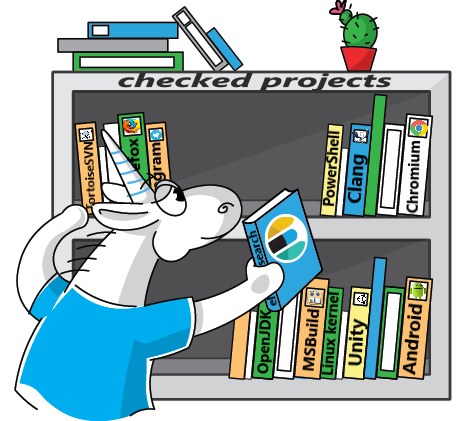


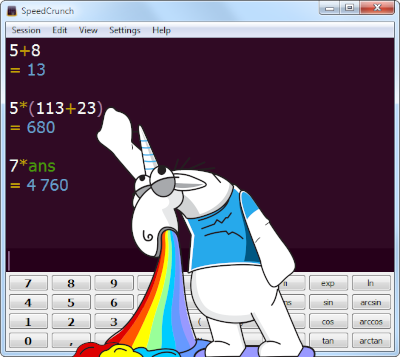

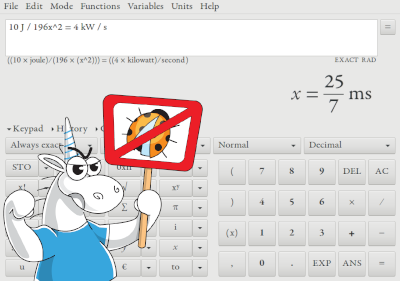
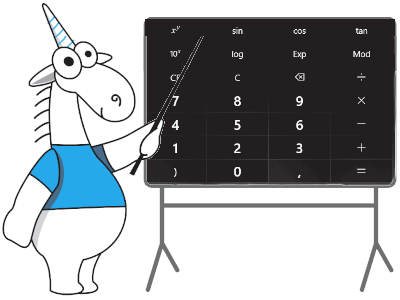



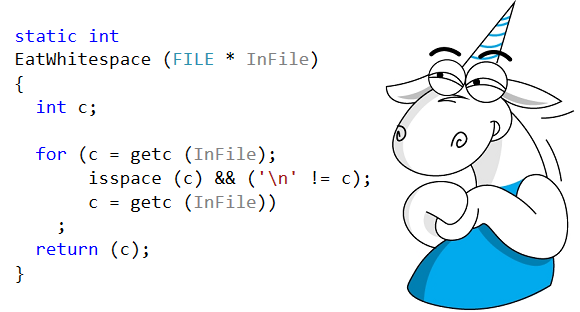




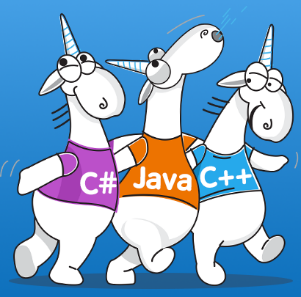 Today is an important day — after 28 releases of the sixth version we present our PVS-Studio 7.00, in which the key innovation is the support of the Java language. However, during 2018 we have acquired many other important changes related to C++, C#, infrastructure and support of coding standards. Therefore, we bring to your attention a note that sums up the major changes that have happened in PVS-Studio for the last time.
Today is an important day — after 28 releases of the sixth version we present our PVS-Studio 7.00, in which the key innovation is the support of the Java language. However, during 2018 we have acquired many other important changes related to C++, C#, infrastructure and support of coding standards. Therefore, we bring to your attention a note that sums up the major changes that have happened in PVS-Studio for the last time.